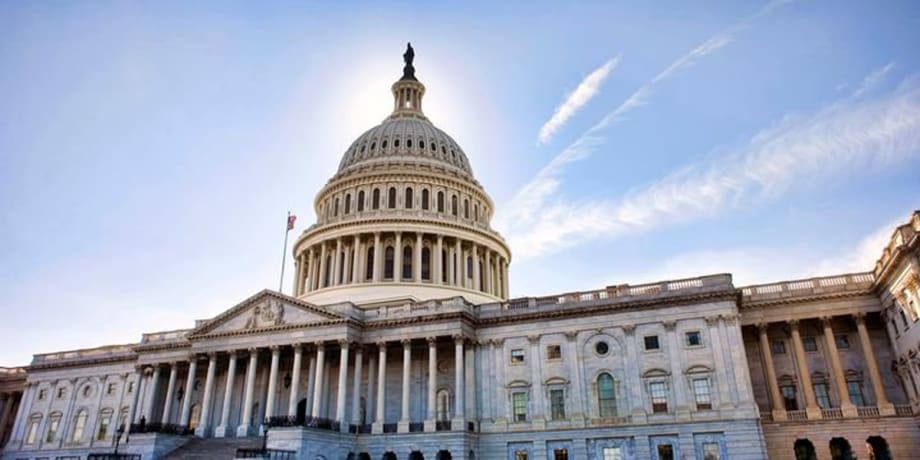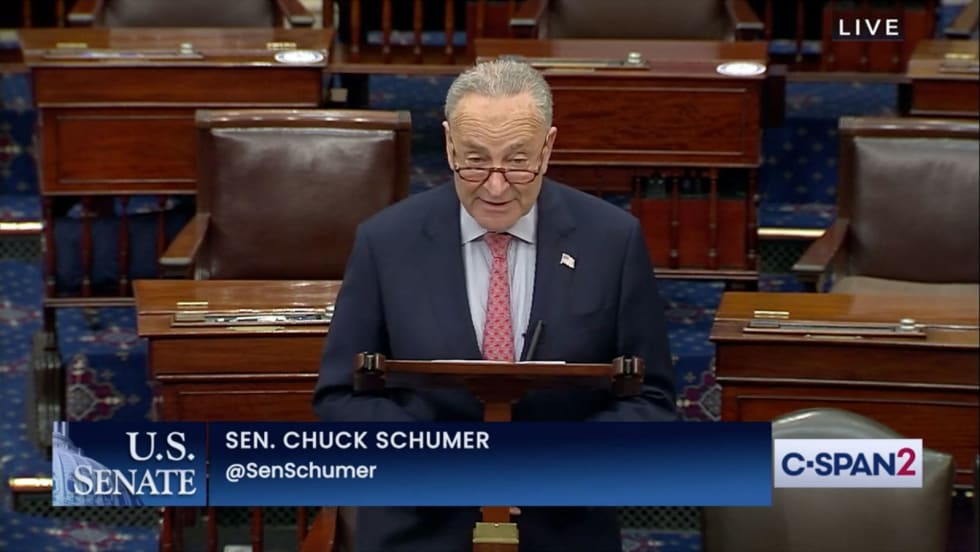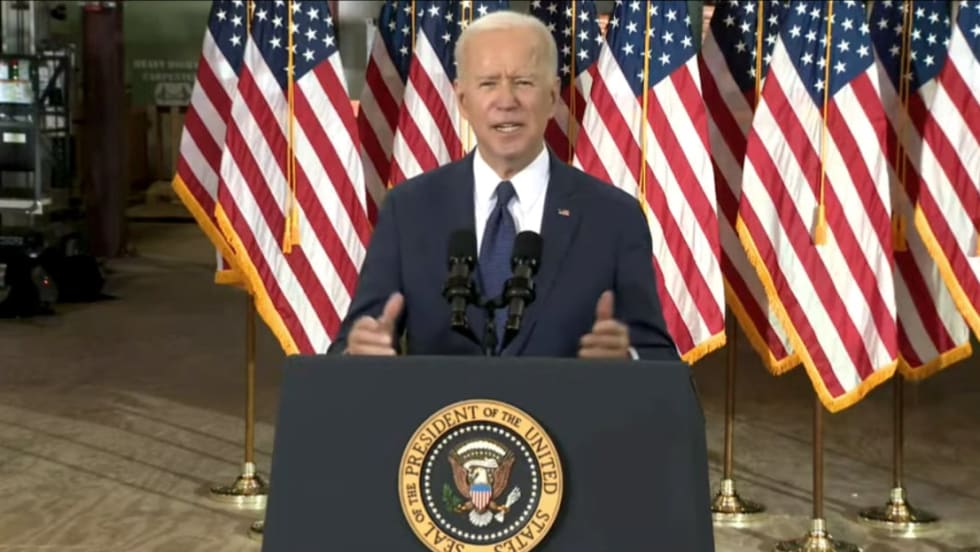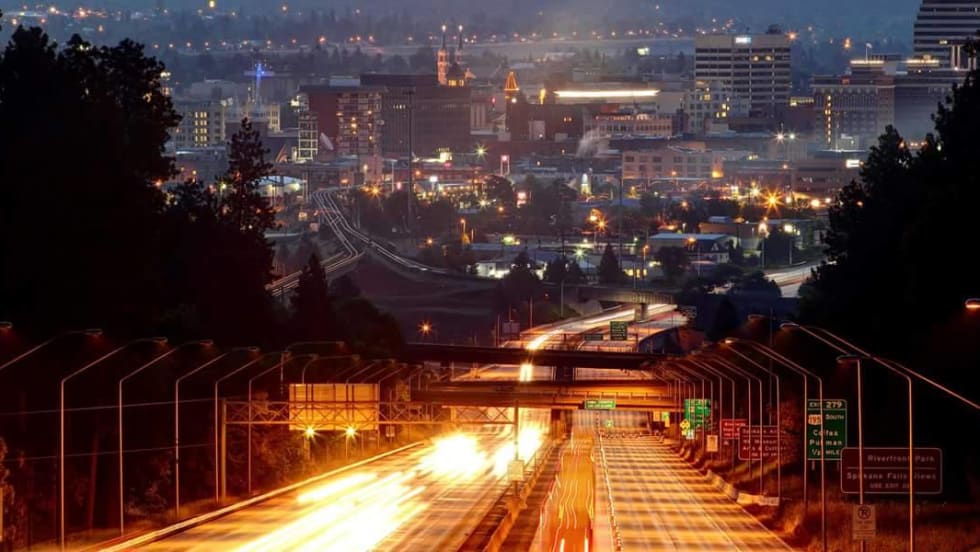On Capitol Hill, it’s often déjà vu all over again. This time around, it’s the ever-ballooning and severely cracked, yet never truly fixed, federal debt ceiling that’s back in play.
It’s the biggest thing to watch along the Potomac. That’s because the questions of whether and how to raise the debt ceiling are hanging precipitously over the push to pass President Biden’s mammoth domestic policy agenda and his massive plan to tackle physical infrastructure projects nationwide.
Expected to come in at around $3.5 trillion, the president’s domestic package is expansive, to say the least. The infrastructure bill is nothing to sneeze at, either, with its $1 trillion price tag.
Both amount to an historic policy-making effort and its forward trajectory is threatened by the nearly annual fight over raising the ceiling on the debt incurred by the day in, day out operation of the federal government.
Where things stand is the infrastructure package remains on the two tracks it’s been sitting astride since mid-year. A giant but traditional infrastructure bill (for roads, bridges, broadband internet, and the like) has passed the Senate. That track could be completed if the House essentially rubber-stamps the Senate bill. This is the approach preferred by moderate House Democrats.
The other track has liberal House Democrats pushing Speaker Nancy Pelosi (D-CA) to move ahead with the Senate bill only after both chambers approve a gargantuan budget proposal that would spend some $3.5 trillion on a range of policy goals, including major overhauls to health care, education, the tax code, and more.
But before any progress can be made on either of those tracks, the need to raise the debt limit must be settled. Congress has until the end of September to forge a new spending agreement. If they don’t, they risk setting off a government shutdown. And there’s the proverbial can to kick down the road: A short-term measure that would extend existing federal spending levels until later this year.
Democrats may roll a higher debt ceiling into the $3.5 trillion domestic package and then try to move the whole kit and kaboodle through the Senate via the reconciliation process. That’s the one that lets fiscally oriented legislation bypass filibustering by the minority, as does not require 60 votes to pass.
But this time, anyway, making that happen isn’t a slam-dunk. That’s because just to begin debate on reconciliation, Democratic leaders had to cut a deal with moderates. As reported by The Washington Post, they committed to begin considering the $1 trillion infrastructure bill on Sept. 27.
That sounds like progress, but some liberal-leaning Democrats stated they’d vote down the infrastructure bill-- at that time-- if work is not completed first on the reconciliation package.
And the timing is tight. No matter what they come up with, as reported by Politico.com, they will have to pass “some sort of spending measure by Sept. 30, otherwise the federal government will shut down.”
So, where does all this leave things? Right back to where they stood back in June.
When all is said and done, the debt ceiling may be simply raised or kicked down the road again, to be dealt with months or years from now. Or no agreement may be reached, triggering yet another costly government shutdown that’s no good for anyone.
No matter which of these three fates prevail, the battle over the debt ceiling will slow down or even grind to a halt the speedy passage of the Biden agenda.
And no matter the political views of those in trucking on all its pieces, keep in mind none of this knife-edge politicking will get any roads and bridges fixed, replaced, or added anytime soon.














